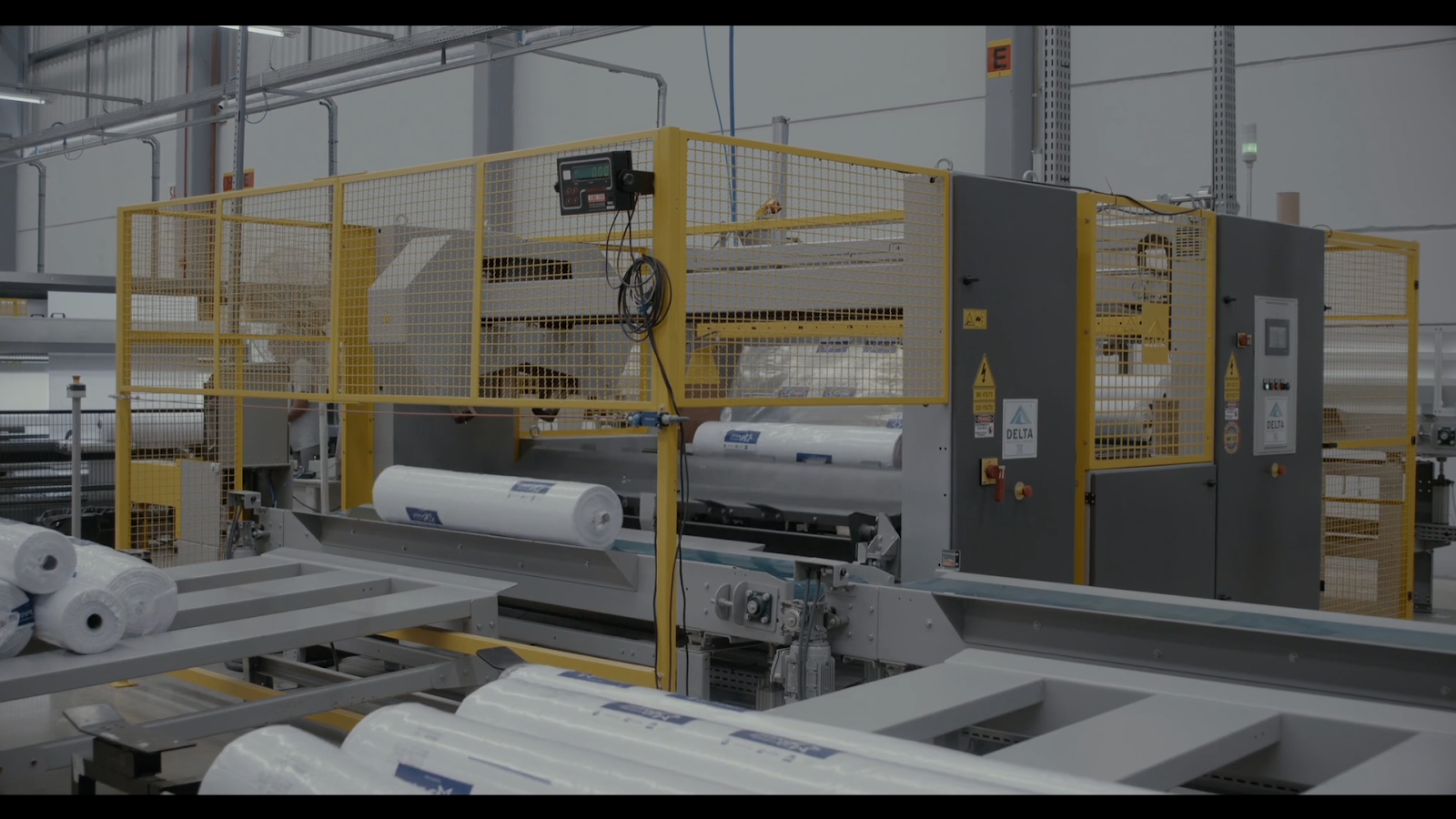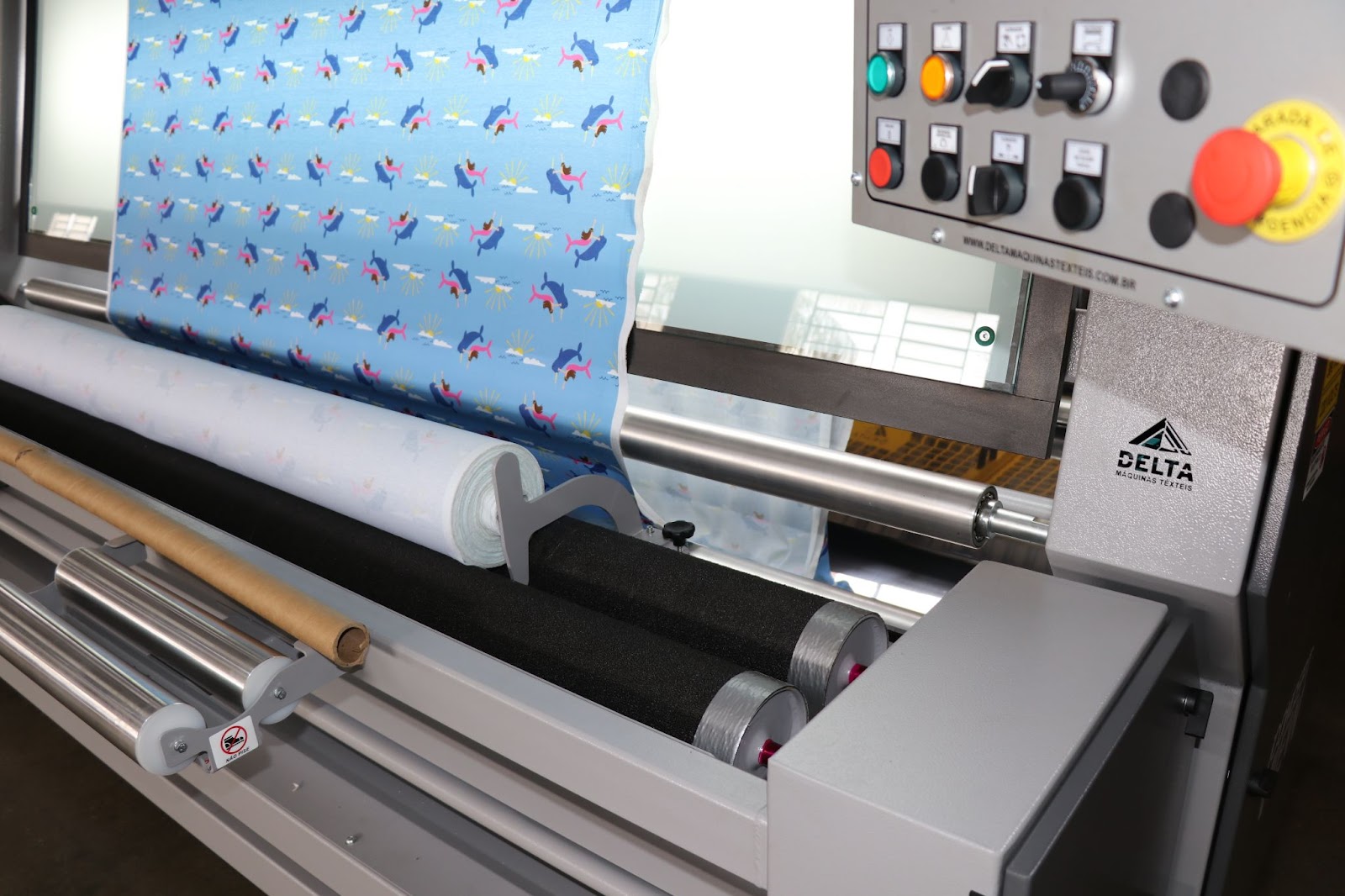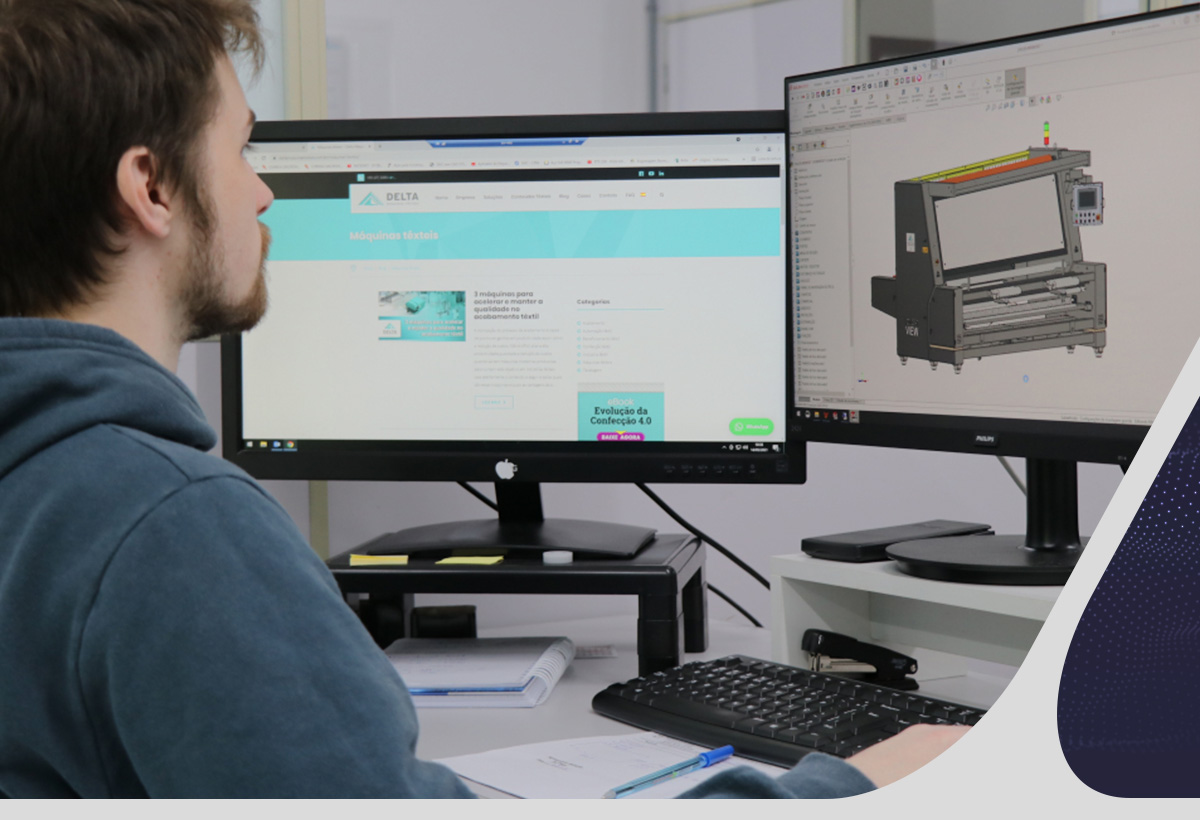Process standardization is essential to eliminate unnecessary activities, reduce resource waste and ensure greater quality and profitability.
Therefore, promoting this practice is essential to ensure the financial, operational and marketing health of your textile industry.
Below we list 5 of the main benefits of process standardization to reinforce why you should invest in this tactic. Continue reading to check it out!
Why standardize processes?
Process standardization consists of the interconnection between steps to ensure repeatability, enabling continuous improvement. But beyond that, standardization in the textile industry promotes predictability.
That is, here this tactic, in addition to organizing the flow, contributes to directing the action. With the knowledge provided by successful experiences and practices, it is possible to guide the structuring of activities to promote optimization and guarantee quality results.
It is essential to invest in this practice to think strategically about how to unite the steps and make the entire operation more agile and efficient.
This way, the manager will be able to have greater knowledge of the activities and will be able to carry out important analyzes for future decision making. In the same way, you will be able to evaluate and monitor the performance of each stage, identifying areas for improvement.
A systematized production line allows standards to be established, promoting total control over the processes. Then, everyone involved will have access to the information necessary to continue activities in an assertive and efficient manner.
To achieve this, it is essential to invest in textile technology to promote a more intelligent and efficient process. Standardization, with the help of this tool, contributes to automation, study of activities and elimination of unnecessary phases.
After all, not only will the processes be standardized, but also the routines. This helps with compliance with safety and effectiveness standards. Furthermore, it helps in the modularization and organization of production, making it more environmentally conscious and responsible.
In short, the standardization of processes in the textile industry helps with predictability of results and, consequently, with market prominence. According to Abit, there are now more than 22,500 formal production units in the country. Therefore, ensuring competitive advantage is essential to remain relevant and healthy in the market.
In view of the above, check out 5 benefits generated by process standardization!
1 Increases productivity
As we briefly discussed, the standardization of processes guarantees increased productivity. This is because, with the help of technology and the interconnection of activities, time wastage will be reduced.
In other words, with activities aligned and organized, confusion between the order will be eliminated, optimizing each phase. Likewise, error and rework rates will be reduced, also increasing performance.
After all, with the elimination of flaws, your industry will have greater uniformity in activities. Execution will be improved due to the identification of points for improvement and the creation of a work routine.
Monitoring and monitoring are important tactics for the correct functioning of the steps. Only through these practices will it be possible to eliminate operational problems and, consequently, losses to the textile industry.
2 Improves administration and management of results

In parallel, productivity is the direct result of better management and use of industry resources, and vice versa. This is because standardization allows understanding the application of devices. Which, therefore, helps identify better uses.
This is an advantage that concerns thewaste of raw materials and inputs. With knowledge of how activities work, it is possible to improve them, eliminating losses due to failures.
Furthermore, with better use of machines, there can be done a maintenance planning, contributing to the integrity and useful life of the equipment. Predictability also avoids unexpected downtime, input losses and increased costs.
All of this generates greater autonomy and assertiveness for the manager’s strategic decision-making. Therefore, it provides efficiency and quality in the final result.
3 Promotes greater profitability
And everything mentioned so far contributes to the profitability of the textile industry. The best use of resources generates productivity, reducing unnecessary expenses.
It’s that simple! With the efficiency of activities, waste and rework will be eliminated, generating greater profitability.
As we are reinforcing throughout the text, standardization allows predictability. With this, it will be possible to promote reduction of operational costsdue to the reduction of surprises.
And of course, the use of modern technology and resources are also capable of optimizing the steps, reducing the need for energy and input costs, and increasing profitability.
4 Generates employee engagement
Productivity, the use of efficient tools and stipulated processes make employees more engaged. This is because they will have much more defined roles within the textile industry.
And this not only makes them more focused on their activities, but also demonstrates appreciation for their skills and competencies. This also helps to achieve goals and further recognize the efforts of professionals.
The main tips for enhancing this benefit of process standardization and always ensuring engaged employees involve investing in constant training and establishing a feedback culture.
All of this generates security and trust, resulting in an environment that promotes professional development and the textile industry as a whole.
5 Improves quality control

Finally, the standardization of processes in the textile sector promotes a significant improvement in quality control. This means that with everything defined, agreed and structured, all employees will know what needs to be done.
This way, there will be fewer variations in the pieces, increasing the standard and quality perceived by the end consumer. Abnormalities, failures and waste tend to be reduced with the help of structuring processes and technological machinery.
This will give your industry greater credibility and authority, improving its marketing image.
How do Delta Máquinas Têxteis solutions contribute to the standardization of processes in the textile industry?
TheDelta Máquinas Têxteis is a company focused on developing intelligent and efficient solutions for the industry. With industry 4.0 as a base, we manufacture machines that optimize steps by promoting agility, savings and phase reduction.
Our machines are developed with the aim of generating operational quality, optimization, cost-benefit and standardization of processes. After all, as we discussed previously, technology is essential for agility, analysis and structuring of steps.
In addition, we also provide consultancy on your production cycle. With this service, we are able to identify possible failures and problems in textile processes, even eliminating unnecessary phases.
In this way, we develop solutions, standardizations and structures according to your needs.
As is the case of Malharia Brasil. After consulting with Delta, the company invested in two Hydro Sprinkler Stations and an Automatic Packaging Machine, capable of reducing plastic loss and automating product weighing and labeling.
These machines eliminate registration errors, increase the quality of the final product and standardize processes.
To check more details of the case and see how Delta collaborates with the standardization of processes, click here to access the content.



